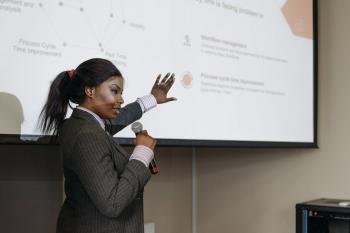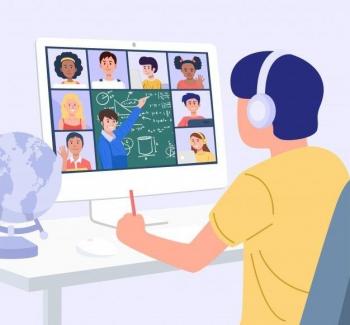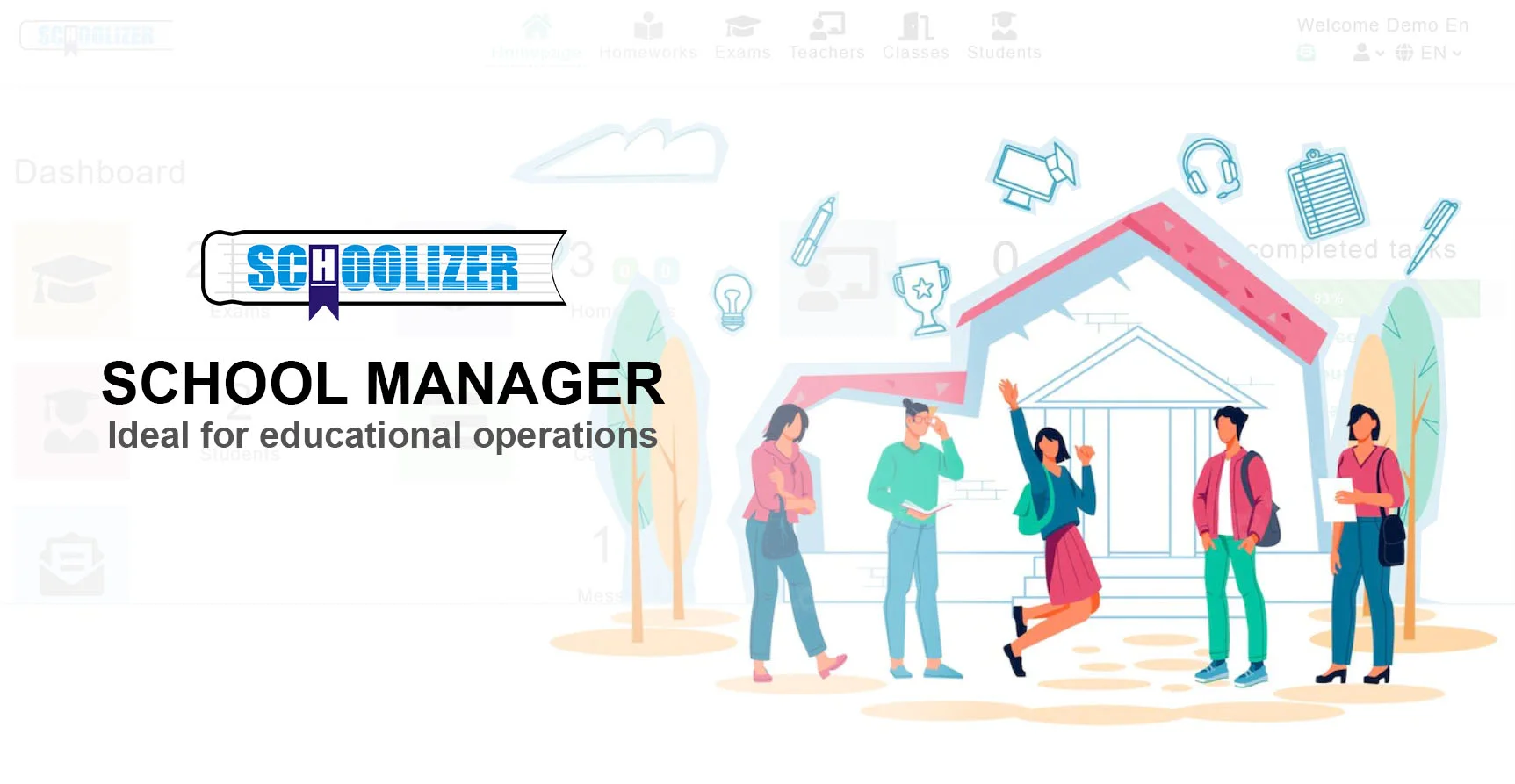10 Inspiring TED Talks That Can Transform Education

10 Inspiring TED Talks That Can Transform Education
What if education could be more engaging, inclusive, and effective? Why do some teaching methods fail while others inspire lifelong learning? How can educators, students, and policymakers collaborate to revolutionize learning? TED Talks have long been a platform for thought leaders to share groundbreaking ideas, and education is no exception. Here, we explore 10 of the best TED Talks that offer powerful insights into improving education.
1. Rethinking Traditional Education Models
Sir Ken Robinson's legendary talk, "Do Schools Kill Creativity?", challenges the conventional education system, arguing that it stifles creativity by prioritizing standardization. He advocates for a paradigm shift that nurtures individual talents rather than enforcing a one-size-fits-all approach.
Practical Application: Schools like High Tech High in California have adopted project-based learning, allowing students to explore their interests while meeting academic standards. This approach has led to higher engagement and innovation.

2. The Power of Student-Centered Learning
In "Let’s Teach for Mastery—Not Test Scores", Sal Khan discusses the flaws in the traditional grading system. He emphasizes mastery-based learning, where students progress only after fully understanding a concept.
Real-World Example: Khan Academy’s platform embodies this philosophy, offering personalized learning paths that adapt to each student’s pace. Schools using this model report improved retention and comprehension.

3. Embracing Technology in the Classroom
Sugata Mitra’s "The Child-Driven Education" demonstrates how children can teach themselves using technology. His "Hole in the Wall" experiments showed that with internet access, kids in underserved communities could learn complex topics independently.
Practical Application: Initiatives like One Laptop per Child have replicated this success, proving that technology can bridge educational gaps in resource-limited settings.

4. The Importance of Grit and Resilience
Angela Lee Duckworth’s "Grit: The Power of Passion and Perseverance" highlights how grit—a combination of passion and persistence—is a better predictor of success than IQ. She argues that educators should focus on cultivating these traits in students.
Real-World Example: Programs like Character Lab work with schools to integrate grit-building activities into curricula, resulting in improved student outcomes.

5. Creating Inclusive Learning Environments
In "How to Escape Education’s Death Valley", Sir Ken Robinson critiques the lack of inclusivity in education systems. He stresses the need for environments that accommodate diverse learning styles and needs.
Practical Application: Schools adopting Universal Design for Learning (UDL) principles provide multiple ways for students to engage with material, ensuring no one is left behind.

6. The Role of Teachers as Facilitators
Rita Pierson’s "Every Kid Needs a Champion" underscores the transformative power of teacher-student relationships. She believes that educators who connect emotionally with students can ignite their potential.
Real-World Example: Mentorship programs in urban schools, like those by Big Brothers Big Sisters, have shown significant improvements in student motivation and achievement.

Conclusion
These TED Talks collectively offer a blueprint for reimagining education. From fostering creativity to leveraging technology, the ideas presented can inspire educators, policymakers, and learners to create a more effective and equitable system. The future of education lies in innovation, inclusivity, and passion—principles that these thought leaders champion.






